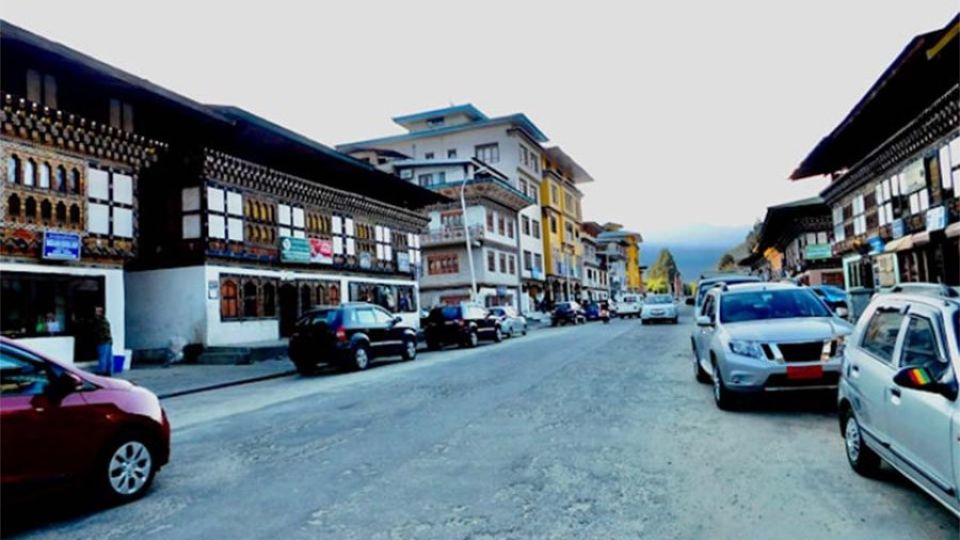December 13, 2024
THIMPHU – Discussions on vehicle import taxes, quota, import bill of fossil fuel, and traffic congestion are all happening simultaneously indicating that it is a burning and a topical issue today.
Since the moratorium on the import of vehicles was lifted, we have seen a surge in import of vehicles —more than seven new vehicles hit the road daily—a 135 percent month-on-month increase. Banning import of vehicles is impossible. We cannot even ban the use of single plastic bags. All we can do is impose moratoriums on import of vehicles from time to time, and lift it at the “convenience”, of the goverment or due to mounting political pressure.
On the sideline, our lawmakers are lobbying to reintroduce the vehicle import quota system. The proposal was quickly dropped following public backlash. The Bills will come back to the Parliament. What happens is in the hands of the lawmakers.
The ground reality could provide clues to guide policy decisions. Import of vehicles cost the government exchequer as it eats into foreign reserves. With vehicle import tax driving costs, many are blaming the taxation policy for rising inequalities. But when infrastructure cannot keep up with the surge in vehicle numbers, something has to be done.
In the past, Kuensel suggested progressive taxation on vehicles. For instance, taxing the second or third family car, depending on its size and utility. This was because banning import altogether is not practical. Besides, those wanting to own the first car should not be denied the chance. Our rules should not deny the competitive edge for beginners. Owning a vehicle is already an advantage for jobseekers even if it is not a specified criterion. Those who can afford the latest brand will have no issue with the cost or the tax.
The burden on our roads, meanwhile, can be eased only with an improved public transport system. As evident from the improved city bus services, travelling to the city has become easier with city buses operating early morning to as far as Hongtsho, Chamgang, or Dangrayna. It is cheaper and if it can be made more efficient and reliable, more would opt for public transport rather than buying or driving cars.
What happened to the planned Debsi-Changzamtog bypass that was seen as a solution to the traffic mess on the expressway. It was the most logical and sensible decision only to be shelved for reasons the thromde is reluctant to share.
The increase in vehicle numbers, if we dissect, would mean that a lot of vehicles are bought under concession schemes like tourist or utility vehicles. Perhaps, it is time to relook into the categorisation because the import bill for fossil fuel is higher than the amount of electricity we export.
Meanwhile, there is a growing interest in electric vehicles and many are hopeful that the price will go down with varieties of EV hitting the market. Known for our clean policies, EVs, given its benefits, could be heavily subsidised. This would make sense as it would reduce the burden on import of fossil fuels.
The next debate on vehicles, should there be one, should be on subsidy, quota, and installing enough charging stations across the country to encourage people to go green and clean.
If the economy is measured by the number of vehicles imported, we are doing well even as people complain of a never-ending economic slowdown. It is not reflective of a promising recovery and growth unlike a finance ministry official claimed. Some vehicles are sold on quotas, even those that are more than a year or two old.


